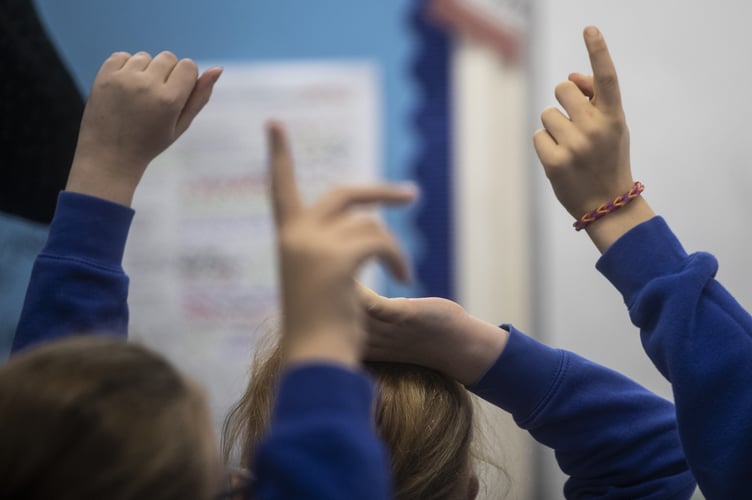Several Bath and North East Somerset parents successfully challenged their child's school place last year, new figures show.
However, a teaching union warned many families "are still at the mercy of a postcode lottery" when trying to get their child into their preferred school.
Most appeals are made when an applicant has not received an offer of a place at their first preference school, but appeals relating to other transfers at the start of the school year are also included in the data.
New figures from the Department for Education show there were 34 admission appeals lodged relating to school entry in Bath and North East Somerset this year. Of these, 21 were heard, and six were successful.
Last year, eight out of 21 appeals heard were successful.
Across England, 19% of the 38,639 appeals heard were approved – slightly down from the 20% the year before.
The figures also show a significant gap in the rate of successful appeals across the country.
In both Solihull and Reading, just 2% of the 266 and 98 appeals heard respectively were successful.
By contrast, Sunderland had the highest rate of successful appeals, with 53 (86%) of 62 appeals heard approved.
Pepe Di’Iasio, general secretary of the Association of School and College Leaders, said turning children away was "the last thing that schools want".
"But the reality is that some schools are oversubscribed and have to prioritise places," he added.
"This is done according to agreed criteria which are carefully considered and applied, and independent appeal hearings are also taken very seriously.
"The solution is that we have to reduce these pressure points by ensuring that all families have access to good school places in their local area."
In Bath and North East Somerset, all the successful appeals were for secondary school places.
Nationally, 1,595 primary appeals were approved, representing 18% of those heard.
For secondary places, 5,903 appeals were successful, 20% of those heard.
Paul Whiteman, general secretary of school leaders’ union NAHT, said: "Nationally we are seeing a pupil population bulge moving through secondary and falling rolls in many areas for primary.
"This could mean that admissions appeals are lower as demand for primary places drops somewhat.
"However, there is quite a big regional variation in pupil numbers. This means that in some schools, demand for places can be very high – for example in areas with large amounts of new house building."
He said the Government's move to give local authorities the power to open new schools where they are most needed would address this.
"However more needs to be done to shield schools from demographic fluctuations and protect their funding, to ensure all families have a suitable local school place available for their child," he added.
A Department for Education spokesperson said: "This Government is determined to drive high and rising standards for every child through our Plan for Change, to ensure every family has a good local school for their child.
"We understand this situation can be concerning for parents, however the rate of children getting a place at one of their preferred primary schools is the second highest on record, and the highest since 2016 for those going into secondary school.
"Councils are legally responsible for ensuring there are enough school places for their local communities and should work in collaboration with academy trusts and other local partners to balance the supply and demand of school places, in line with changing demographics."




